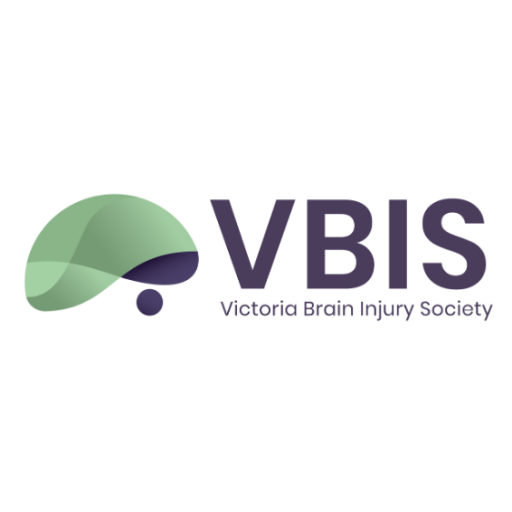

By: Lori Jousi
A person with Aphasia may be unable to comprehend or formulate language due to a stroke (most common cause) or head trauma. It does not affect cognitive abilities (thinking skills) but will have a hard time understanding. Makes it hard to speak or understand what is being said. People with it can feel lonely; isolated; uncomfortable and inferior as well. Feelings of confusion and frustration are normal for me. There is no cure for Aphasia. Research shows that Aphasia has a greater negative impact on quality of life than cancer or Alzheimer’s Disease.
It is extremely challenging for the person with aphasia but also for their loved ones. They don’t know how to fix it. I deserve love; to be loved and accepted as I am just the same as you are. I can “read your facial expressions and body language. In person interaction is best! Resist the urge to finish my sentences or offer words to help complete my sentences. Speak in short simple sentences. you may have to repeat.
Be patient with me, allow lots of time for response (I need time to comprehend and process). Talk with me; not for me or over me. I have something to say! Emphasize key words. I am in here, I know exactly what I want to say but cannot get the words out. I have trouble finding words and expressing myself. I have difficult understanding what others say – I may repeat back what I thought you said. It’s difficult to process long words and sentences. Do not pretend to understand me if you don’t.
I cannot identify boundaries of others easily. I need to be verbally told what they are the first time before its an issue. I cannot read minds. Sometimes I wish I could. Usually I struggle to understand what others say including innuendos; jokes; flirting; sarcasm; abbreviations; emojis and slang. Please do not raise your voice. It’s a conversation killer. Treat me like an adult. Do not speak to me in a childlike manner or make me feel like a child. Please avoid talking down to me or in a condescending manner. Remember, I am an adult and I should be treated like one.
Avoid ignoring or minimizing my feelings. Also giving the silent treatment or being dismissive will be understood differently than intended. It challenges me to try harder with you. Avoid showing your impatience and/or frustration.
Please do not speak for me or prevent me from expressing myself – I may need to “talk it out in person” with you. Make no assumptions about anything and do not take advantage. If I am tired; communication can become non existent. My brain will go to “sleep” before my body will. This will also happen if I am frustrated or unable to understand.
I am not being difficult or interrogating you if I ask a lot (to you) of questions or tell you that I do not understand what you are saying. I am not inferior to you but I will feel that way. It feels like I am being belittled. It hurts me.
Aphasia is a very painful disability.




